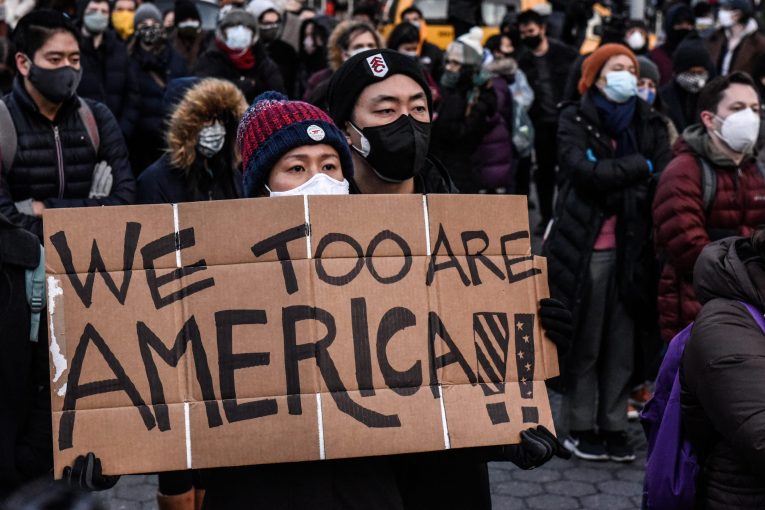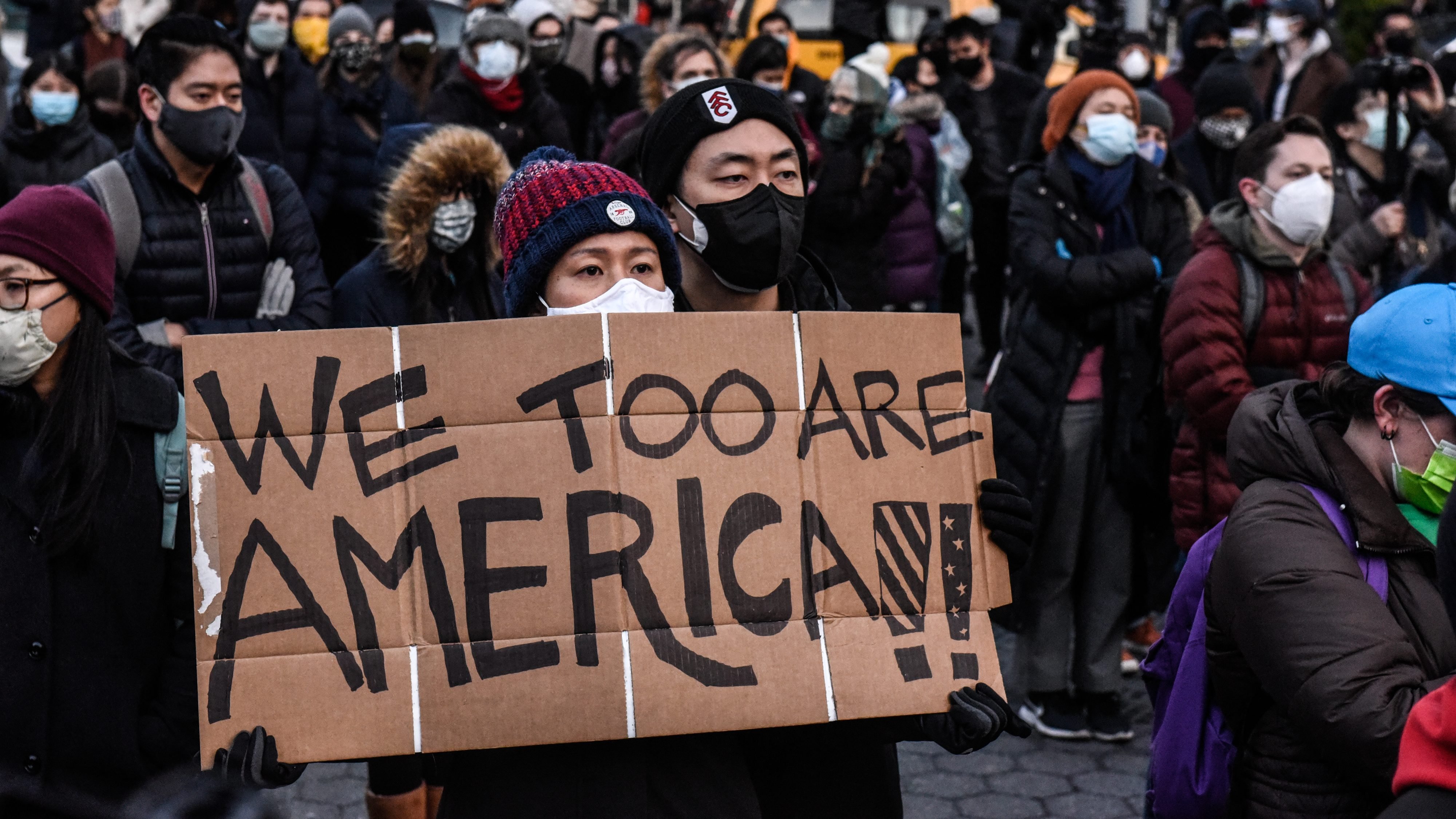

By Marcia Barajas and Luke Kyaw
SACRAMENTO, CA – Ever since the beginning of the COVID-19 pandemic last year, anti-AAPI violence and hate crimes have skyrocketed and show no sign of stopping.
In July 2020, an 89-year-old Asian woman’s back was set on fire in broad daylight in Brooklyn. In February of this year, a 36-year-old man Asian man was stabbed in the back in Chinatown in New York City. Just last month in June, a 94-year-old Asian woman ended up with multiple stab wounds in San Francisco.
In light of this unprecedented xenophobia and violence towards the AAPI community that are still occurring all over the nation, Gov. Newsom signed the Asian and Pacific Islander (API) Equity Budget this week.
Sponsored by the API Legislative Caucus, the API Equity Budget boasts over $156 million to better address the prevailing surge in anti-AAPI hate crimes and erase existing systemic racial inequalities.
According to a statement from Stop AAPI Hate, the breakdown of the funds is as such:
– $110 million for community organizations who are providing vital victim services and prevention;
– $10 million for support to Stop AAPI Hate to track, respond, and prevent incidents of racial bias and harm;
– $10 million for the AAPI Data project to increase accurate data collection and data equity on AAPI needs, challenges, and barriers;
– $10 million for anti-bias block grant to provide funding to schools to create restorative justice programs to address hate and microaggressions early;
– $5 million for support to a peer social media network program addressing bullying and mental health for children and youth;
– $1.5 million for a workgroup to address education attainment for low income first generation AAPI college students, and support the Commission on Asian Pacific Islander American Affairs as it coordinates these programs; and
– $10 million for ethnic media outlets to reach AAPI and other underserved communities across California.
The API Legislative Caucus partnered with the California Commission on APIA Affairs and the Stop AAPI Hate COalition as well as collaborated with well over 150 AAPI and ally organizations in  order to advocate for this historic bill.
order to advocate for this historic bill.
Assemblymember Phil Ting [D-San Francisco], Chair of the Assembly Budget Committee, noted that the investment had been a long time coming.
“For decades, API communities have been longing to be seen and heard …. It is my hope that with this historic investment our communities feel safe once again,” Ting commented.
California has had a long history of racist rhetoric and policies that targeted API communities. For instance, the Page Act of 1875 prohibited mostly East Asian women from entering the country simply because they were viewed as prostitutes.
In 1882, the Chinese Exclusion Act was the first immigration policy to single out a community due to race. Additionally, the Filipino Exclusion Act of 1934 limited access for Filipinos to migrate to the states.
These policies dehumanized Asians and Pacific Islander by treating them as the “other” instead of Americans. Although many of these laws have been repealed, there are still many loopholes through social injustices and community conflicts.
By not only funding efforts to respond to and prevent anti-AAPI violence but also addressing the aforementioned historical discrimination, the API Equity Budget will serve a great justice for AAPI communities.
As Vincent Pan, Co-Executive Director of the Chinese for Affirmative Action (CAA) stated, “This funding is essential in addressing both the pandemic-related hate our community is facing and the racial inequities that have long shaped the lives of California’s AAPI community.”
Investing in AAPI communities and ensuring that its members have proper access to vital services, the API Equity Budget is among the most significant actions taken by a state thus far in response to the rising anti-Asian hate, say proponents of the measure.
Bill backers said this legislation is historic and undeniably a critical step towards equity for all Californians, said Senator and Chair of the API Legislative Caucus Richard Pan [D – Sacramento].
He added that it sends an unwavering message to the AAPI community that the State of California stands with them and will not hesitate to take legal action to assert accommodations and justice for them as needed.






